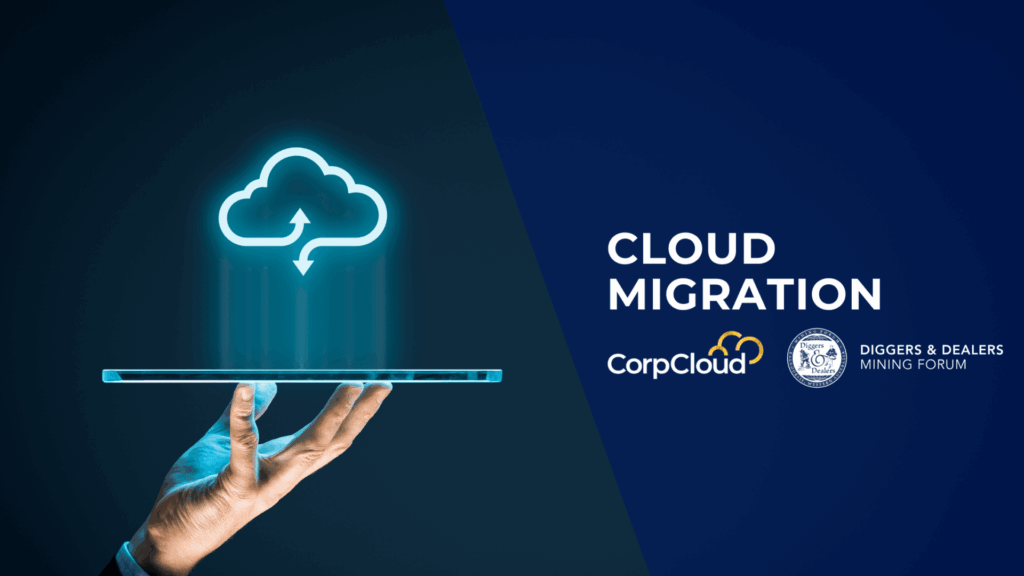
Cloud Solutions: Global Scale vs Local Control
For years, global cloud providers have dominated the conversation around enterprise infrastructure. Hyperscalers promised unmatched scale, rapid deployment, and pay-as-you-go flexibility—and for many workloads, they delivered.
But as cloud adoption matures, Australian organisations are beginning to reassess a critical question:
Is global scale always worth the trade-offs?
Increasingly, business leaders are discovering that the real challenge isn’t compute power or geographic reach. It’s governance, risk, accountability, and control. And those factors are pushing many organisations to reconsider where and how their most critical systems are hosted.
This is where the distinction between global cloud and local private cloud becomes clear.
Governance: clarity versus abstraction
In global cloud environments, governance is often layered and abstracted. Responsibility is split across provider policies, shared responsibility models, and complex service agreements that can be difficult to interpret at an executive level.
While these models work at scale, they can obscure accountability—especially when issues arise.
Local private cloud platforms like Arcus are designed differently. Governance is clear, deliberate, and aligned with the organisation using the platform. Infrastructure decisions, security controls, and operational processes are visible and accountable, not hidden behind layers of abstraction.
For leadership teams, that clarity matters.
Data sovereignty: where your data really lives
Data sovereignty is no longer a technical concern—it’s a strategic and regulatory one.
Global cloud providers often replicate data across regions for resilience and performance. While this approach is technically sound, it can introduce uncertainty around where data is stored, processed, or backed up, particularly in complex service configurations.
For Australian organisations operating in regulated sectors, that uncertainty creates risk.
Arcus Private Cloud is built on a simple principle: your data stays in Australia. By design, not by exception. This removes ambiguity around jurisdiction, regulatory exposure, and compliance obligations, giving organisations confidence that their data aligns with Australian legal and regulatory requirements.
| Related Post: Data Sovereignty in Australia: What Every CIO Must Know Before Choosing a Cloud Provider
Risk ownership: shared versus accountable
Hyperscale cloud operates on shared responsibility models. While these are clearly documented, they often place significant responsibility on customers to design, secure, and manage their environments correctly.
When something goes wrong, determining who owns the risk—and who fixes the issue—can become complex.
With Arcus, risk ownership is clearer. Infrastructure, security architecture, and operational accountability are designed collaboratively, with defined responsibilities and direct oversight. This approach reduces gaps, assumptions, and the “grey areas” that often emerge in large-scale cloud environments.
| Related Post: Cloud Services in Australia: Public vs. Private vs. Hybrid
Support accountability: global queues versus local response
Support is one of the most overlooked differences between global and local cloud providers.
Global cloud support models are optimised for scale. While technically capable, they often rely on tiered ticketing systems, offshore teams, and standardised responses. For mission-critical systems, this can lead to delays, misalignment, and frustration.
Arcus is supported locally, by teams who understand Australian business environments, regulatory expectations, and operational realities. When issues arise, organisations deal with accountable experts—not anonymous queues.
That difference becomes critical when uptime, recovery, and continuity are non-negotiable.
| Related Post: Unlocking Enterprise Growth with Arcus Private Cloud
Compliance alignment: designed in, not retrofitted
Global cloud platforms offer compliance tools and certifications—but aligning them correctly is often the customer’s responsibility. This can require significant internal expertise and ongoing effort to maintain audit readiness.
Arcus environments are designed with compliance alignment built in. Architecture, controls, and operational practices are structured to support Australian standards, governance frameworks, and audit requirements from day one.
For organisations where compliance is not optional, this reduces complexity and long-term risk.
Choosing control over complexity
Global cloud platforms excel at scale. But scale alone does not guarantee control, clarity, or confidence.
For organisations running regulated, mission-critical, or high-value workloads, the priority is shifting. It’s no longer about how big the platform is—it’s about how well it aligns with governance, risk, and accountability requirements.
That’s where local private cloud platforms like Arcus deliver meaningful value.
Choose control over complexity.

Cloud Solutions: Global Scale vs Local Control
For years, global cloud providers have dominated the conversation around enterprise infrastructure. Hyperscalers promised unmatched...
Read More
Data Sovereignty in Australia: What Every CIO Must Know Before Choosing a Cloud Provider
Cloud adoption in Australia is no longer a question of if, but how. As organisations...
Read More
Rethinking Business Communication: Why Smart Leaders Choose Córas VoIP Solution
In today’s fast-paced digital world, communication is no longer just about making calls. It’s about...
Read More
Cloud Services in Australia: Public vs. Private vs. Hybrid
The demand for reliable cloud services in Australia has skyrocketed as businesses modernise their IT...
Read More
Unlocking Enterprise Growth with Arcus Private Cloud
In today’s digital-first economy, enterprises are under mounting pressure to manage rapidly growing volumes of...
Read More
The Future of Remote Work: How Cloud Infrastructure is Reshaping Business Operations
As we progress through 2025, it's clear that remote and hybrid work models are here...
Read More

